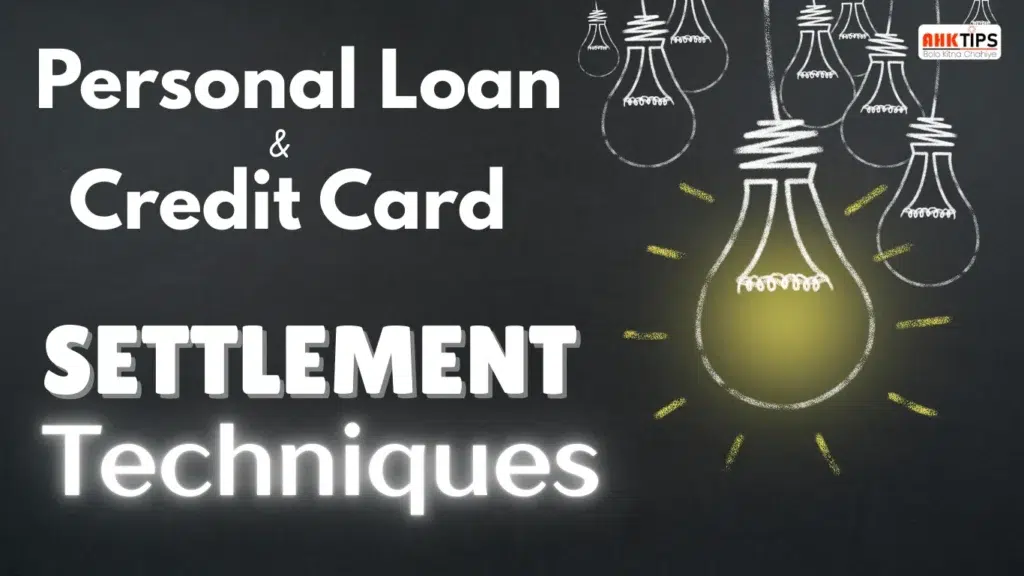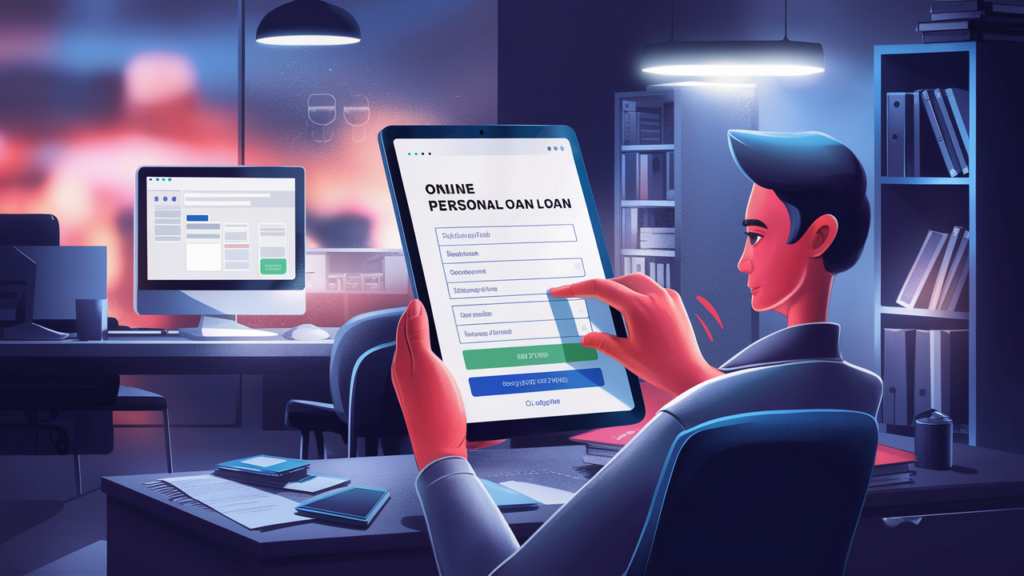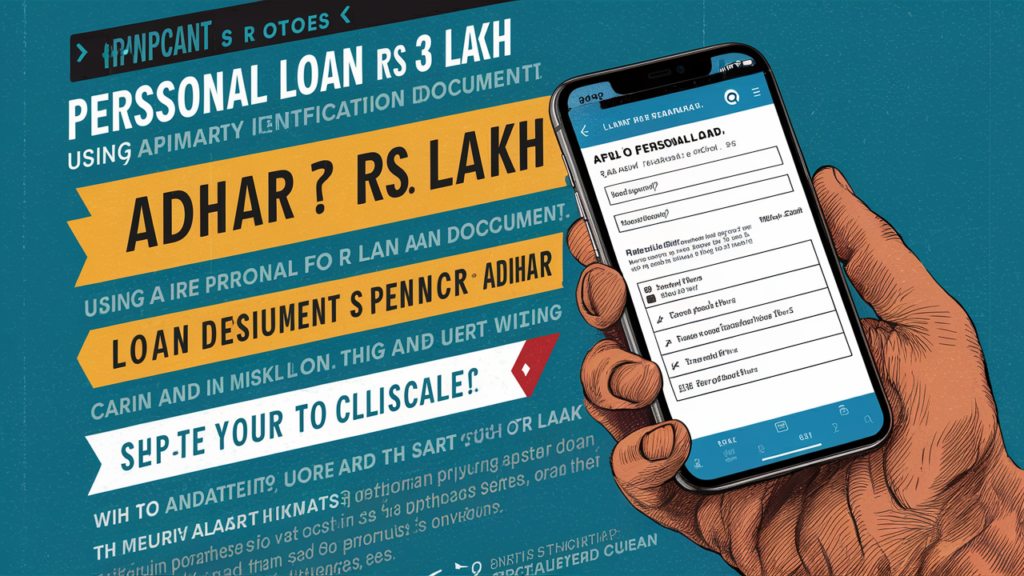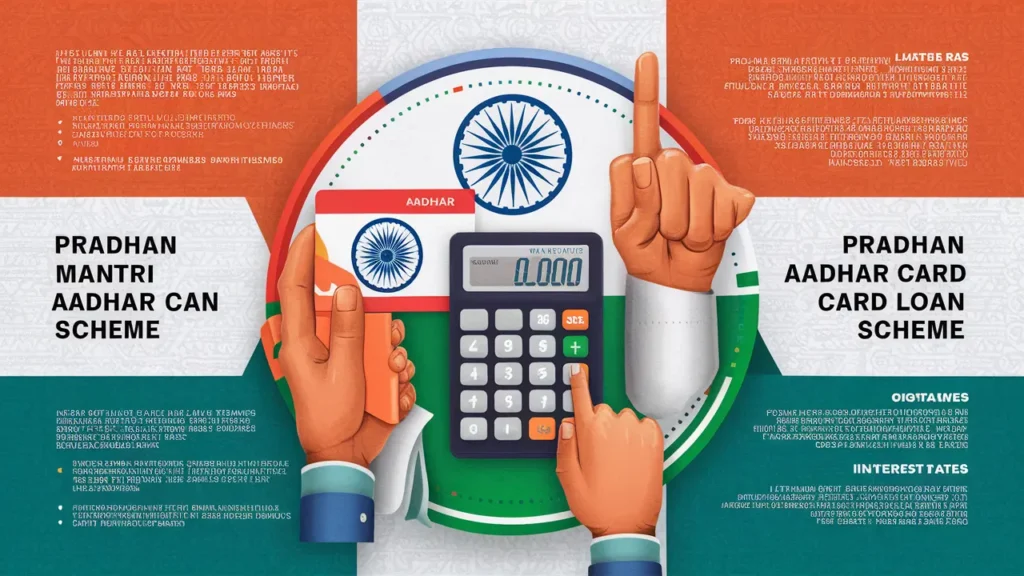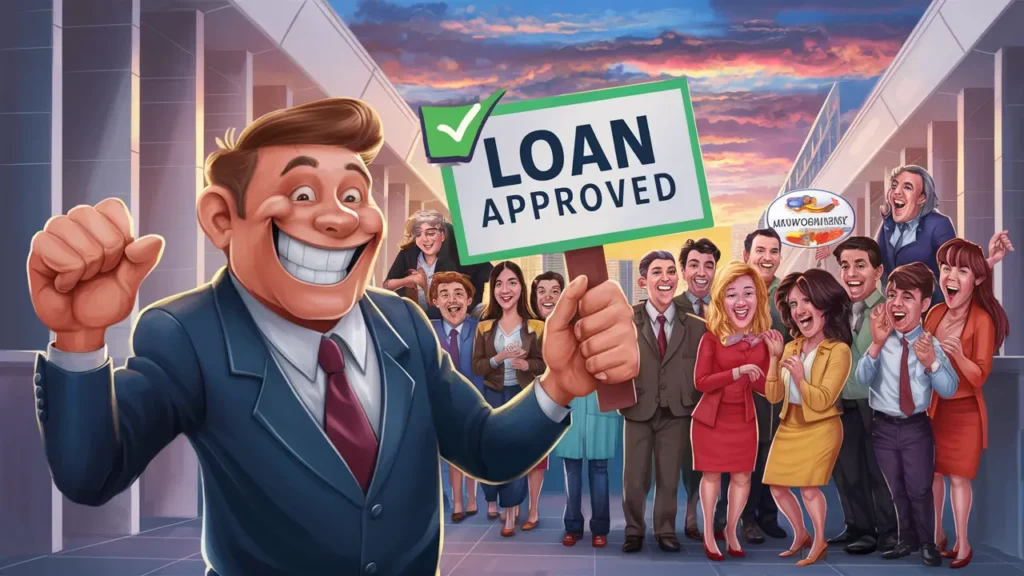Summary
Negotiating credit card debt settlements and personal loans will ease your financial burden. Going through your loan or credit card details will assist you in first understanding your financial situation. Whether your case is for a settlement proposal or a lower interest rate, study the policies of your lender and assert them. If you are financially troubled, professionally plead your case. Early contact with creditors, honest admission of your difficulties, and, if at all feasible, a lump-sum payment will work in credit card debt forgiveness. While it charges fees, debt settlement firms may be able to assist in negotiations. It hinges on your being prepared, patient, and flexible during negotiations. To protect yourself against subsequent disputes, always have agreements put in writing.
Introduction
While working with credit card and personal loan debt may be stressful, using the proper methods, you can decrease your debt and improve your financial situation. Whether your negotiations require a debt settlement, a lower interest rate, or even forgiveness of debt, being aware of the process will enable you to achieve a beneficial outcome. This article will guide you through intelligent strategies for negotiating credit card debt and personal loans, and preparation for these discussions. Thoughtful preparation and honest communication will assist you in taking control of your money and moving towards a debt-free future.
Effective Strategies for Personal Loan Negotiation
Managing your finances may rely heavily on your ability to negotiate a personal loan. Utilising effective personal loan negotiation techniques will allow you to obtain a fairer arrangement regardless of whether you intend to manipulate the payment schedule or reduce your interest rate. These are some significant strategies to consider during your personal loan negotiation.
Know Your Loan Terms.
You must have knowledge of your current loan’s terms before approaching any discussion. This includes your loan duration, monthly installments, rate of interest, and any other charges. Read your loan agreement and your latest statements so that you may thoroughly discuss the details with your lender.
Check Your Financial Situation.
Take a bit of time and closely look over your finances. Discover how much you can afford and what level of term flexibility you will need with the loan. If you ever find yourself struggling financially, that is, after you’ve had an employment loss or medical expense, be prepared to notify your lender of it. When lenders become aware of financial hardships on your part, they are oftentimes more prepared to make accommodations.
Study Your Lender’s Policies
As for loan modifications, each lender might have different policies and level of discretion. Investigating your lender’s loan modification process or calling a customer service representative will assist. Understanding your lender’s style will allow you to have realistic expectations and prepare yourself better for the conversation.
Present Your Case Clearly
Clearly stating your case will assist you in negotiating. Point this out in your discussion if you have been paying regularly, on time. If money problems occur, explain how they have affected your ability to meet the terms currently. Your lender will be more inclined to work with you the more sensibly and professionally you present your situation.
Be Professional and Respectful with Offers.
Negotiate with dignity. Although you may have something in mind, be flexible. Lenders need to exercise some consideration with counteroffers. Professional and open communication will ensure that the negotiating process is smooth.
These negotiating strategies for personal loans improve your odds of getting better loan terms. A good negotiation hinges on your being informed and prepared.
How to Settle Credit Card Debt: A Step-by-Step Guide
While paying off credit card debt can seem overwhelming, with the right approach you are able to reduce your current balance and avoid long-term stress on your finances. Proper handling of your money hinges on an understanding of the credit card debt settlement process. This is a simple guide map to help you navigate the process.
Check your financial status.
Carefully examine your financial condition before commencing the settlement process. This entails examining your income, expenditures, and current debt. Your monthly payability of debt will help you decide how to negotiate with your creditors.
Contact Your Credit Card Issuer
Writing to your credit card issuer comes next. You should be proactive instead of waiting for the creditor to act. Tell them straight out about your financial situation when you call. If they can see that you’re making efforts to settle your debt, most credit card companies are willing to work with you. Prepare yourself to negotiate for a lower payoff.
Suggest a Settlement Offer.
Make a reasonable settlement offer that you can pay while negotiating. Oftentimes, particularly if you are behind on payments, creditors would be willing to accept a reduced lump sum payment. Estimate a reasonable pay range and present a professional offer. Keep in mind that creditors might counteroffer; therefore, prepare for further bargaining.
Get the agreement in writing.
Ensure your agreed to the terms are written down after you have one. This protects you from future dispute or misunderstandings. Those are Double-check that the agreement is clear that, when the payment has been received, the debt will be deemed to be “settled” or “paid in full”.
Make the Payment
Pay the amount immediately after agreeing on terms. Some creditors may desire a one-time payment amount, while others may have a payment plan. Adhering to the agreed terms will ensure a smooth settlement process.
While settling credit card debt could take time and patience, smart planning and negotiation will enable you to decrease your debt and reclaim control of your financial situation.
Top Tips for Negotiating Lower Interest Rates on Personal Loans
Negotiating a lower personal loan interest rate will help to drastically lower your whole debt load. Paying less over time from a reduced interest rate will free up money for other financial obligations. These are some sensible tactics for a good lower interest rate loan negotiation.
Review Your Present Loan Terms.
Go over the terms of your current loan carefully prior to initiating any negotiating. You will be able to make a good request based on knowing the interest rate, time of repayment, and other charges. Having the exact details of your loan will also assist you in negotiating with your lender.
Increase Your Credit Score
Among the best methods of lowering the interest rate on your loan is a good credit score. Use this as bargaining power if your credit score has increased after you took the loan. Ensure your credit history is up to date before you negotiate, since lenders are more likely to offer customers with better credit scores lower rates.
Look Around for Better Prices.
If you are dissatisfied with your current lender’s offer, consider shopping around with other financial institutions. Having some competitor proposals under your belt will give you negotiating leverage with your current lender. To retain your business, they may be willing to match or beat the bid of a competitor. Make your case.
Inform your lender precisely why you need a reduced interest rate. Highlight any improvements to your financial situation, like a good credit record or income increase. If you can prove that you are financially stable and capable of repaying the loan, lenders are more likely to grant your application.
Be Polite and Patient
Bargaining for a lower loan rate is not necessarily immediate. Approach the discussion professionally and patiently. While the lender may not agree to your initial demand, remain open to compromise. Then the better bargain can be negotiated in large measure by adopting in polite and respectful
Adhering to these guidelines in negotiating the loan of lower interest rate will see you more likely to reduce your personal loan’s interest rate and save on money over the lifespan of the loan.
Understanding Debt Settlement vs. Debt Consolidation: Which Is Better?
Managing debt requires choosing the right method of control and reduction. Two fairly well-known options are debt consolidation and debt settlement. While both methods aim to reduce financial tension, they work somewhat differently. To assist you in deciding which is more suited to your financial situation, below is a comparison of debt settlement versus debt consolidation.
Debt Settlement vs. Debt Consolidation: Key Differences
| Feature | Debt Settlement | Debt Consolidation |
| Definition | Debt settlement involves negotiating with creditors to pay less than the full amount owed. | Debt consolidation is the act of rolling multiple debts into one loan or credit account. |
| Debt Impact | Reduces the total amount of debt; often, this creates a lump-sum payment. | Consolidates debts into a single payment, but does not decrease the total debt amount. |
| Effect on Credit Score | It could reduce your credit score, especially if you fail to pay your dues in full. | Making payments on time regularly can improve your credit score. |
| Repayment Structure | Typically paid in a lump sum, or sometimes in instalments, settled debts are | Debt management is made easier by one monthly payment for one loan. |
| Risk Involved | If the settlement is inadequate or if the creditor disagrees with settlement, there is possibility of legal action by creditors. | Lower interest rates can lead to longer repayment periods, which can lead to a higher total amount of interest paid over time. |
| Best for | Those considering less money in overall debt and can’t pay the full amount. | People who need the consolidation of several debt payments and the lowering of interest rates. |
Choosing the Right Option for You
Debt Settlement
For those who cannot pay the full amount and are struggling with large amounts of unsecured debt, debt settlement is usually the best option. You can pay less than what you owe by negotiating a settlement. However, this option might negatively impact your credit score and may lead to legal consequences or tax liabilities if debt forgiveness is considered taxable.
Debt Consolidation
On the other hand, debt consolidation is a useful option for those who want to simplify their payments by merging many debts under one umbrella. It can help lower your interest rate, thus making your payments easy to manage. However, this option does not lower the overall debt, and it can have a long payment term, especially if the loan is for an extended duration.
The Role of a Debt Settlement Agency in Personal Loan Negotiations
Many individuals turn to the services of debt settlement agencies when facing large amounts of personal loan debt. Such organisations can be of great service in negotiating better terms between you and your creditors and by doing so, can expedite the payment of debt and improve your financial situation. Understanding the role of a debt settlement agency can be of great use to you in deciding whether this is the best option for you.
What is a Debt Settlement Agency?
A debt settlement agency is a company specializing in negotiating with creditors on behalf of clients to settle the overall level of obligation of debt. The goal is to settle debts at less than full value, often in a lump sum or a structured plan of payments. The charges of these agencies often depend on the amount of debt settled.
How a Debt Settlement Agency Operates
Your financial profile, including your overall level of indebtedness, your income, and your expenditures, will be assessed by a debt settlement agency before they agree to represent you. The agency will form a plan of action with your creditors according to this assessment. The agency will communicate with your creditors to inform them of your financial hardship and seek to have them reduce your outstanding obligation. In some cases, creditors will be receptive to receiving partial payment to offset the risk of your default or bankruptcy.
Negotiation Process
Debt settlement firms generally specialise in settling unsecured debts, like personal loans and credit cards. The agency can present creditors with a sum less than what is due as a single payment. The creditors can agree to this proposal to avoid any further entanglements or loss of payment. The debt settlement firm coordinates all dialogue with creditors throughout the process of negotiation, and this reduces the tension associated with face-to-face negotiations and gives you confidence.
Pros and Cons of Using a Debt Settlement Agency
Pros
Expert Negotiators: Debt settlement companies have the necessary expertise to deal with creditors and might be in a position to secure more lenient terms than you may get yourself.
Debt Reduction: The biggest advantage is that the amount of debt owed might be minimised, making it easier to pay.
Time Savings: Such companies deal with the negotiating, freeing up time and energy on your part.
Cons
Fees: Your cost of debt settlement services will be raised by the fees assessed by debt settlement agencies.
Debt settlement will negatively impact your credit score because creditors will report the lowered amount as “settled” and not “paid in full.”
How to Prepare for Successful Personal Loan and Credit Card Settlements
There must be careful planning involved when negotiating personal loan and credit card settlements. You can significantly increase your chances of achieving favorable terms with your creditors by knowing about the process of debt settlement and preparing well. The following is an easy-to-follow guide to assist you in preparing to negotiate a debt settlement.
Review Your Debt Situation
You need to know where you stand financially to negotiate effectively with creditors. The first thing you need to do is make an itemised list of all your outstanding debts, such as personal loans and credit cards. You need to list the total of the debt, as well as interest rates, monthly payments, and due dates. Knowing these details of your debts will enable you to make realistic offers of settlement.
Understand What You Can Afford to Pay
Determining how much you can pay is among the crucial steps involved in preparing to negotiate a debt settlement. Examine your lifestyle expenses and available reserves as well as your monthly income. Be realistic about how much you can offer to your creditors as an instalment payment plan or lump sum. Consider how much of your total debt you can afford to settle in case you can’t pay the full sum.
Check into Your Creditor’s Policies
particularly when you find yourself in a financial hardship case or when you are already behind payments, there will be some individuals who will be more willing than others. Researching your creditors’ policies can provide you with insights regarding the negotiations and the possibility of a settlement. You may even consider hiring a debt settlement agency when you do not know how to proceed with settling your debt.
Prepare to Communicate Effectively
Prepare to Communicate Effectively. Debt settlement requires effective communication. Be direct, polite, and prepared to present a financial rationale when speaking to creditors. Negotiate downward to settle and state your intention to pay. Informing creditors of your hardship, such as job loss or medical emergencies, can encourage creditors to offer you a settlement offer.
Get Agreements in Writing
Set agreements in writing. After a settlement offer, you must receive the terms in writing. This serves to protect you and the creditor and minimises potential future disputes. The sum to be paid, when to pay, and any other significant facts of the settlement need to be stated clearly within the agreement in writing.
Conclusion
Your financial situation can be greatly improved by negotiating personal loan and credit card debt settlements, as long as they are done correctly. By understanding your debt, looking at your loan terms, and assessing your financial situation, you can negotiate confidently. Regardless of whether your goal is to settle your debt, lower rates of interest, or even qualify for forgiveness, you do need to be well prepared and clear in your message.
You need to be honest about your financial needs and consider making lump-sum payments as a quicker option for debt settlement. You need to look at what you will be paying in terms of fees to use a debt settlement agency, as this will be in your favour. Lastly, to protect yourself, everything must be done in writing. Regaining control of one’s finances and moving toward financial independence can be done by using sound strategy, tenacity, and persistence.
Frequently Asked Questions (FAQ’s)
Ans: Get ready by looking over your loan terms, knowing your financial situation, and knowing your paying capacity. Get ready to properly and succinctly present your case.
Ans: Indeed, most of the time, credit card debt may be paid off for less. Tell your creditor about your financial problems, then offer a settlement.
Ans: Though they demand fees for their services, debt settlement companies can assist in negotiations on your behalf between creditors. Should you find yourself having trouble negotiating on your own, they could be beneficial.
Ans: Once you have a settlement, be sure all agreements are recorded in writing and make the agreed-upon amount right away to complete the settlement.

